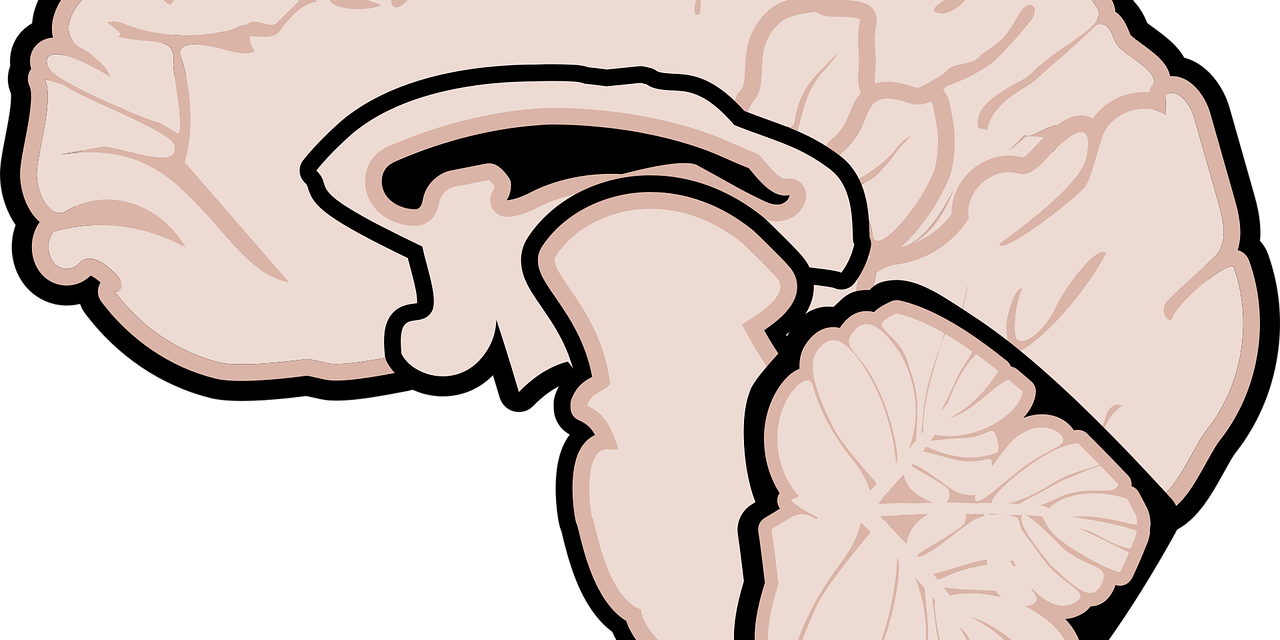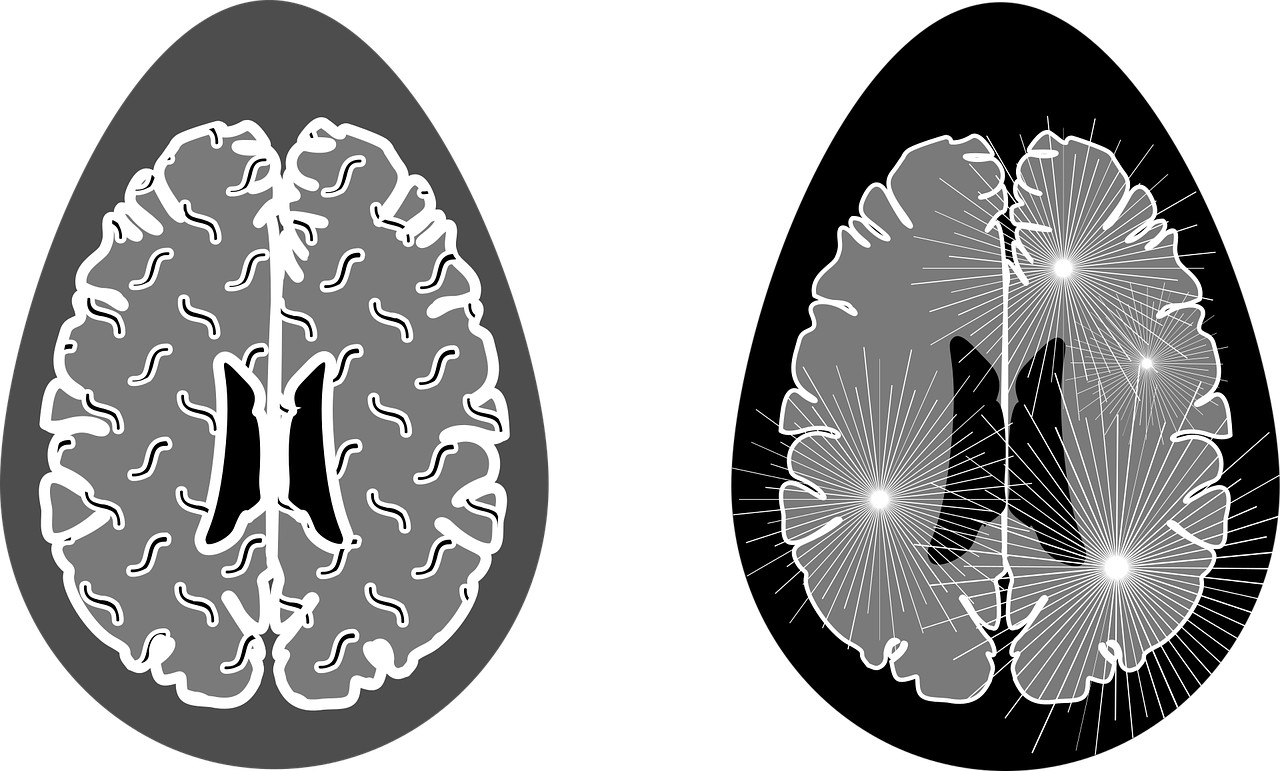Multiple sclerosis (MS) is a chronic autoimmune disorder that affects the central nervous system, causing a wide range of debilitating symptoms. These symptoms include muscle weakness, fatigue, spasticity, and pain, which significantly impact the quality of life for those afflicted. Despite advancements in medical treatments, many patients continue to struggle with managing these symptoms effectively. In the search for novel approaches to address the challenges of MS symptom relief, researchers are turning their attention to an unexpected source: anabolic steroids.
Understanding Multiple Sclerosis
Multiple sclerosis is a complex condition characterized by the immune system mistakenly attacking the protective myelin sheath that surrounds nerve fibers in the central nervous system. This demyelination disrupts communication between nerves, leading to a variety of neurological symptoms. Muscle weakness, fatigue, spasticity, and pain are among the most common and debilitating manifestations of the disease. While current treatment options such as disease-modifying therapies can slow down the progression of MS, they often fall short of providing comprehensive symptom relief.
Anabolic Steroids: Mechanisms and Medical Uses
Anabolic steroids, often associated with athletic performance and bodybuilding, are synthetic derivatives of testosterone. They are known for their dual effects: anabolic, which promotes muscle growth, and androgenic, which influences masculine characteristics. Historically, anabolic steroids have been employed in medical contexts, including addressing muscle-wasting conditions such as cancer cachexia and AIDS-related wasting syndrome. These steroids work by increasing protein synthesis within cells, leading to enhanced muscle mass and strength.
Anabolic Steroids and Neurological Conditions
Beyond their well-known effects on muscle tissue, anabolic steroids also appear to have implications for the nervous system. Research has indicated potential neuroprotective properties, suggesting that these steroids might play a role in preserving neurons and supporting their function. Moreover, some studies have explored the impact of anabolic steroids on neuromuscular function, hinting at their potential to address muscle-related symptoms seen in conditions like MS.
Anabolic Steroids in MS Symptom Relief: Theoretical Basis
The consideration of anabolic steroids for MS symptom relief stems from their potential to target specific manifestations of the disease. For instance, muscle weakness in MS could be improved by the muscle-building effects of anabolic steroids. Similarly, spasticity might be alleviated by the relaxation of muscle fibers that these steroids can induce. Furthermore, the increased energy and stamina resulting from anabolic steroid use could counteract the debilitating fatigue experienced by many MS patients.
Research Studies and Clinical Trials
Current research is shedding light on the potential benefits of anabolic steroids in managing MS symptoms. Clinical trials have been conducted to investigate the effects of anabolic steroids on muscle strength, spasticity reduction, and overall quality of life in MS patients. Some trials have reported improvements in muscle function and reduction in spasticity, suggesting a promising avenue for symptom relief.
Potential Risks and Concerns
However, the consideration of anabolic steroids for MS symptom relief is not without its challenges. These substances are associated with a range of potential side effects, including liver damage, cardiovascular issues, hormonal imbalances, and psychological effects. Additionally, using anabolic steroids for off-label purposes raises ethical concerns, especially when considering the long-term safety and well-being of MS patients.
Future Directions and Implications
As the field of MS research continues to evolve, the potential role of anabolic steroids in symptom relief remains a topic of interest. The personalized approach to anabolic steroid use in MS patients, taking into account the individual’s medical history and needs, could lead to more tailored and effective treatments. However, further research and well-designed clinical trials are imperative to establish the true efficacy, optimal dosing, and long-term safety of anabolic steroids in MS symptom management.
Conclusion
In the pursuit of innovative solutions to the challenges posed by multiple sclerosis, anabolic steroids have emerged as a potential avenue for symptom relief. While the idea of using these substances to address MS symptoms is intriguing, it’s crucial to approach this approach with caution, given the potential risks and ethical considerations. With ongoing research and a deeper understanding of the mechanisms involved, anabolic steroids could potentially offer new hope to individuals living with the burdensome symptoms of multiple sclerosis, clearing the haze and paving the way for improved quality of life.
QNA
Q1: What is multiple sclerosis, and what are some of its most common symptoms?
A1: Multiple sclerosis (MS) is an autoimmune disorder affecting the central nervous system. It involves the immune system attacking the myelin sheath, leading to disrupted nerve communication. Common symptoms of MS include muscle weakness, fatigue, spasticity (muscle stiffness), and pain.
Q2: Why are current treatment options often insufficient for managing MS symptoms?
A2: While disease-modifying therapies can slow down MS progression, they might not effectively address the diverse array of symptoms patients experience. MS symptoms, such as muscle weakness and spasticity, can greatly impact an individual’s quality of life and require specific interventions.
Q3: How do anabolic steroids work, and what are their historical medical uses?
A3: Anabolic steroids are synthetic derivatives of testosterone. They have dual effects: anabolic (muscle-building) and androgenic (masculinizing). Historically, these steroids have been used to treat conditions involving muscle wasting, such as cancer cachexia and AIDS-related wasting syndrome. They stimulate protein synthesis within cells, leading to increased muscle mass and strength.
Q4: Are anabolic steroids only associated with athletic performance and bodybuilding?
A4: While anabolic steroids are often linked to sports and bodybuilding due to their muscle-building effects, they have also been studied for their potential impact on the nervous system. Some research suggests they may have neuroprotective properties and could influence neuromuscular function.
Q5: How might anabolic steroids help address MS symptoms?
A5: Anabolic steroids are being explored for their potential to target specific symptoms of MS. For instance, their muscle-building effects could help counteract muscle weakness. They might also relax muscle fibers, reducing spasticity. Additionally, the increased energy and stamina associated with these steroids could combat the fatigue experienced by MS patients.
Q6: What does current research suggest about the use of anabolic steroids in MS symptom relief?
A6: Clinical trials have examined the effects of anabolic steroids on MS symptoms. Some trials have reported improvements in muscle strength, reductions in spasticity, and enhancements in overall quality of life among MS patients. These findings indicate a potential avenue for symptom management.
Q7: What are the potential risks and concerns associated with anabolic steroid use?
A7: Anabolic steroids can come with various side effects, including liver damage, cardiovascular issues, hormonal imbalances, and psychological effects. Using them for off-label purposes, such as MS symptom relief, raises ethical concerns. The long-term safety and well-being of MS patients must be carefully considered.
Q8: What are the future implications of using anabolic steroids for MS symptom relief?
A8: The potential role of anabolic steroids in managing MS symptoms remains a topic of interest. Personalized approaches, tailored to individual medical histories and needs, could optimize their use. However, more research and well-designed clinical trials are necessary to determine their efficacy, dosing, and safety in this context.
Q9: Is using anabolic steroids for MS symptom relief a recommended course of action?
A9: While anabolic steroids show promise for addressing certain MS symptoms, their use should be approached with caution. Patients and healthcare providers must carefully weigh the potential benefits against the risks and ethical considerations. The decision to use anabolic steroids for MS symptom relief should be made based on thorough research, consultation, and individualized assessment.
Q10: What does the future landscape of MS management look like considering the potential of anabolic steroids?
A10: The potential incorporation of anabolic steroids into MS management could represent a step forward in addressing challenging symptoms. However, it’s important to note that this approach is one of several under investigation. The future landscape of MS management will likely involve a combination of approaches, including pharmaceutical interventions, lifestyle changes, and innovative therapies to comprehensively address the diverse needs of MS patients.
Author

Dr. Aditya K. Sharma
I am Dr. Aditya Sharma, a dedicated urologist specializing in kidney transplants and advanced urological surgeries. My career is driven by a passion for delivering exceptional care and pioneering surgical techniques. Outside the operating room, I have a keen interest in studying the effects of anabolic steroids on bodybuilding, seeking to understand the fine line between enhancing performance and maintaining health.








